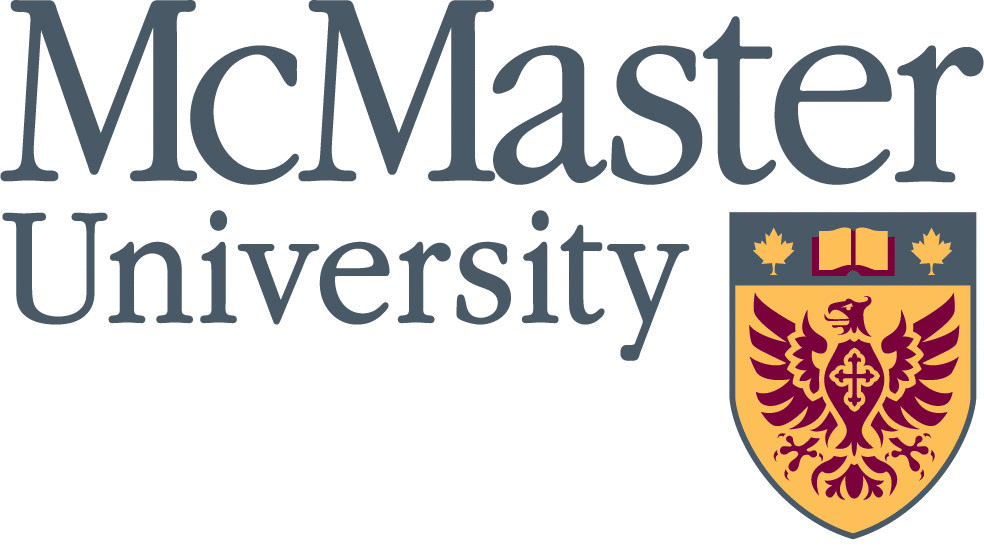- Home
- MURAnews
- Previous issues
- Spring 2017 - present
- Summer 2019
MURAnews Summer 2019
|
© 2026 McMaster University Retirees Association | Having trouble with this site? Contact our Webmaster. |
|
© 2026 McMaster University Retirees Association | Having trouble with this site? Contact our Webmaster. |
